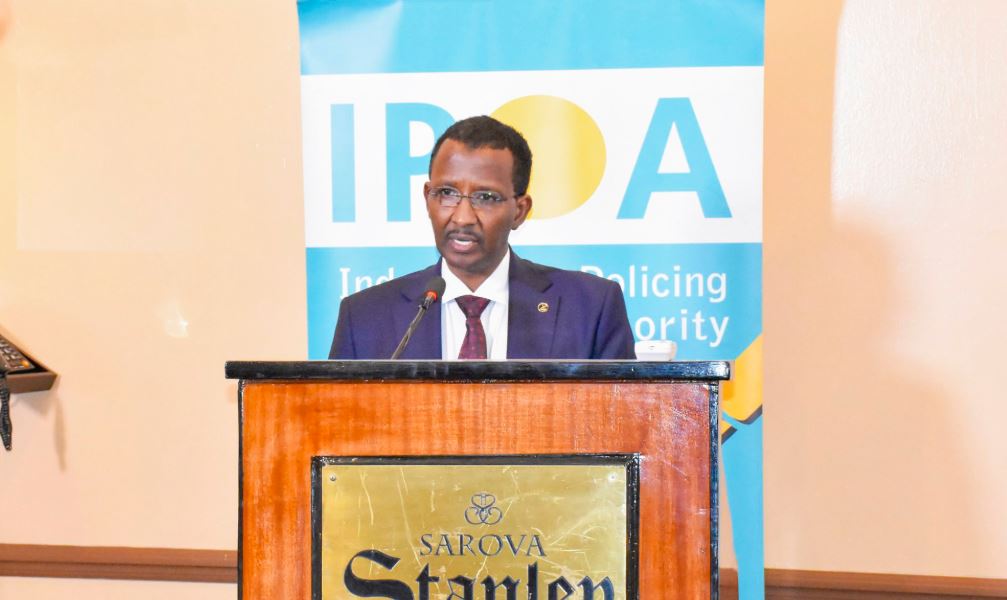Police officers deployed during the recent Gen Z-led protests in Kenya were not provided with meals throughout their operations, the Independent Policing Oversight Authority (Ipoa) has revealed in a new report.
The Ipoa monitoring report, which covers demonstrations held on June 12, June 17, June 25, and July 7 (Saba Saba Day), highlights a troubling lack of logistical support for the officers assigned to control protests across Nairobi and other urban centers. According to the report signed by Ipoa Chairperson Isaack Hassan, the National Police Service failed to provide meals, water, or sufficient allowances to the deployed officers.
“Ipoa monitors observed that police officers deployed were not provided with meals during the demonstrations,” the report stated. It further recommends that the Inspector General of Police allocate a proper budget to ensure welfare support for officers during future operations.
Despite enduring long hours without food, the report acknowledges that the officers had adequate protective gear, including helmets, shields, water cannons, and razor wire to manage crowds. Standby vehicles were also available for logistical support.
Nevertheless, the human toll on the police force was notable. Ipoa reported that 171 officers were injured during the protests—99 on June 25 and 72 on July 7. The report urges the Inspector General to ensure medical personnel are deployed alongside police during such operations to provide timely care.
Additionally, Ipoa recommends the creation of a dedicated Public Hospital Security Unit to safeguard medical responders and public health facilities, especially in high-risk protest areas.
The report also documents 1,126 arrests made during the demonstrations, with 223 individuals arraigned in court and charged with various offenses. The bulk of the arrests occurred on July 7 (720) and June 25 (362), while only four arrests were recorded on June 17, and none on June 12.
As Kenya grapples with ongoing youth-led demonstrations demanding accountability, the findings raise questions about the preparedness and support provided to security officers tasked with maintaining order. Ipoa’s recommendations are a call for both improved welfare for police and better coordination to manage future civic actions.

